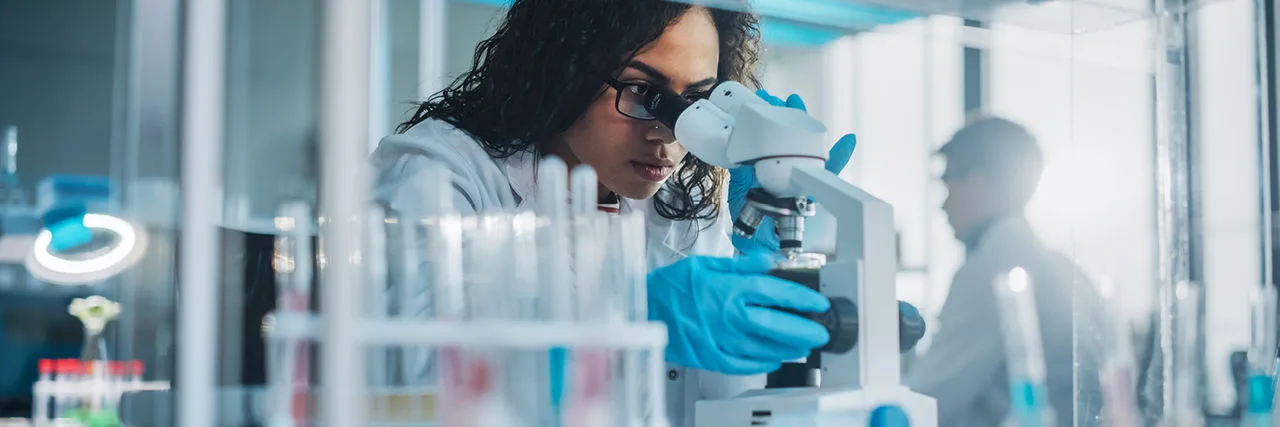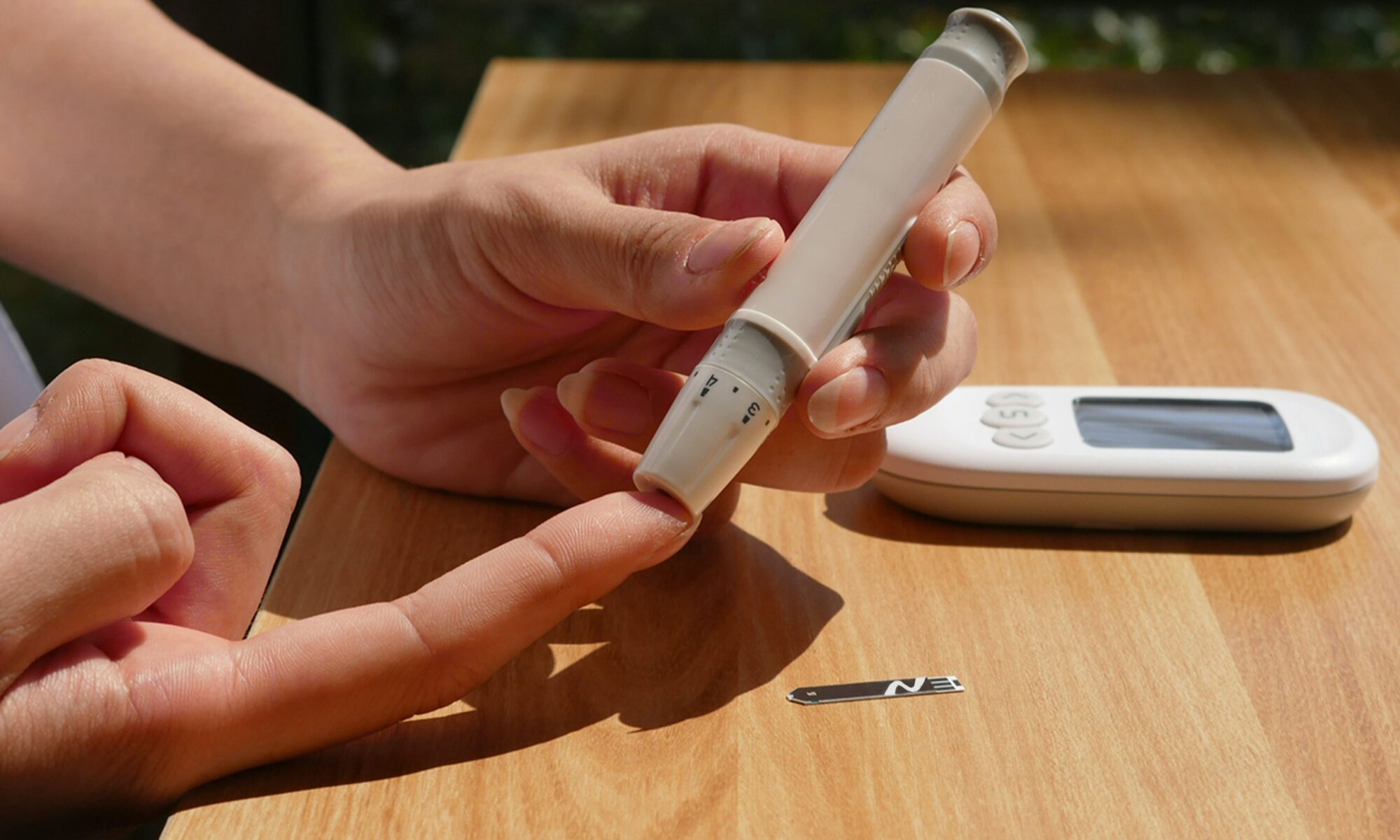One of the methods of treating type 1 diabetes that researchers have been exploring is using patients’ own cells. They found that by converting stem cells into insulin-producing beta cells and then transplanting them into patients, it could stimulate the body to generate its own insulin. However, one of the challenges they faced is that beta cells only made up around 30 percent of the cells in the mixture following conversion.
Researchers in Douglas Melton’s lab at the Harvard Stem Cell Institute may have found a way to increase this percentage. A recent study found that by using single-cell sequencing, they were able to identify what the other 80 percent of cells in the mixture were. Then, by applying various molecular biology approaches, they could sort the cells based on expression patterns. Since beta cells contain a specific protein that other cells do not, they had another way to filter these cells out of the mix and increase the overall concentration that would be implanted into patients with type 1 diabetes.
Scientists at Semma Therapeutics also found a way to collect insulin-producing beta cells by separating all of the cells and then allowing them to cluster back together through their natural attraction to the same type of cell. This also increased the concentration of beta cells, and they could create a mixture that was around 80 percent beta cells versus the previous 30 percent.
The researchers are currently conducting more tests to determine what balance of beta cells versus other cells is most effective for regulating beta cell function and stimulating the production of insulin. However, now they have a greater understanding of the cell makeup during the conversion process and how to separate specific cell types.
This is another step toward improving treatment options for type 1 diabetes and potentially finding a cure. Advanced research is necessary for creating change. The Diabetes Research Connection provides funding for novel, peer-reviewed research studies focused on the prevention, treatment, and cure of type 1 diabetes, as well as improving quality of life for individuals living with the disease. Early career scientists can receive up to $50K to support their research.




